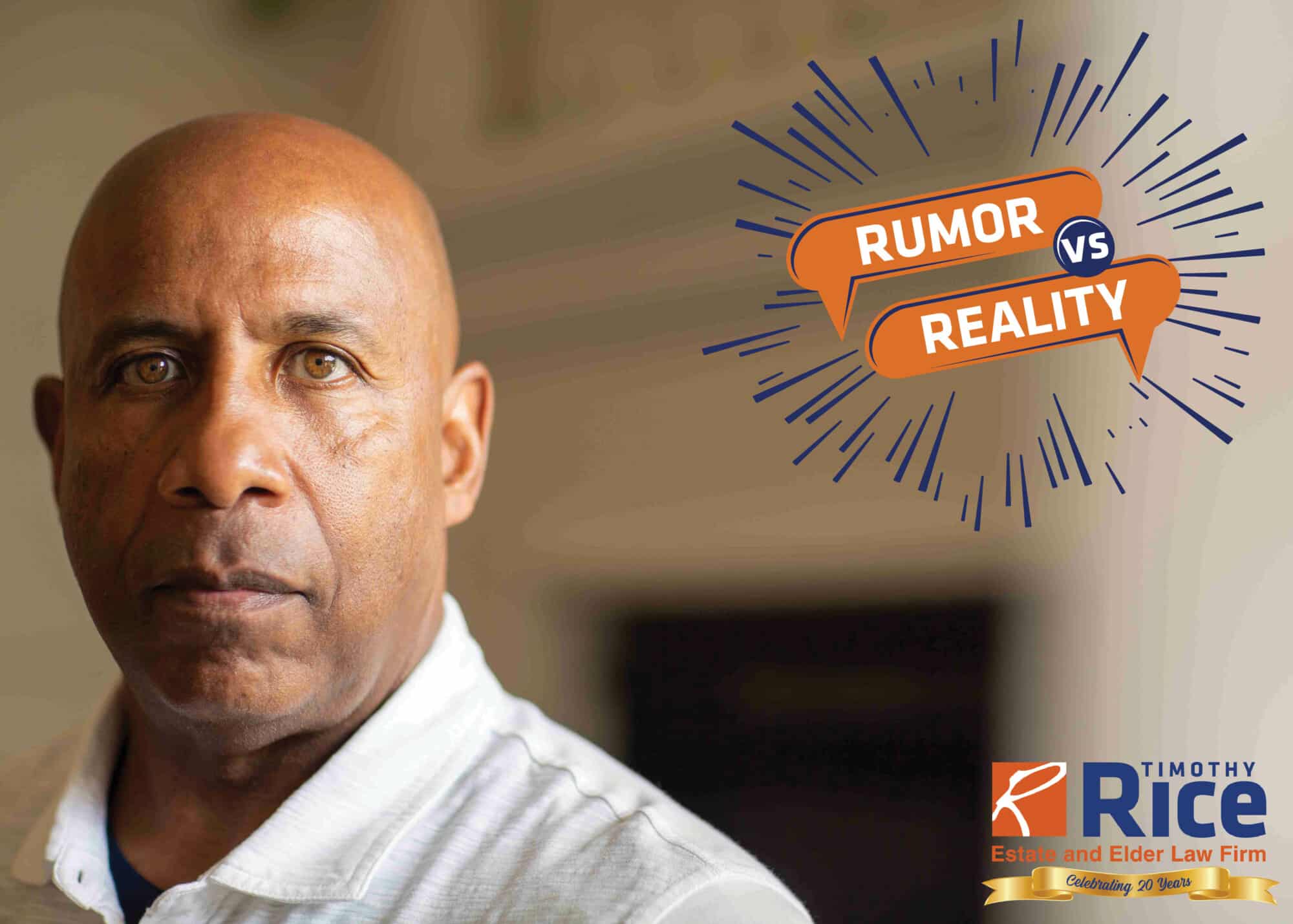Rumor: “My children are receiving equal inheritances because my Will indicates that my money is to be distributed equally among them.”
Reality: If you have life insurance policies, IRAs, 401Ks or joint accounts, it may be that the beneficiaries of those non-probate assets will receive larger inheritances.
Your intentions to equally divide your assets among your children may be thwarted if you don’t consider non-probate assets. Non-probate assets are typically not controlled by a Will because they pass to a named beneficiary or joint account holder upon death without going through probate.
In New Jersey, the county Surrogate Court handles the probate process. Once an executor or administrator is appointed, they can handle the decedent’s assets and debts. Probate assets can include bank accounts, real property, stocks, vehicles and other property that are solely in the decedent’s name upon death.
Non-Probate Assets
Non-probate assets, however, are not subject to the probate process. They can include assets such as life insurance policies, bank accounts and retirement accounts. These types of assets allow for the owner to designate a beneficiary, name a joint owner with rights of survivorship or allow for the asset to be payable on death, for example. In those instances, these assets would pass directly to the named beneficiary or joint owner upon decedents death and therefore, would not be distributed as part of the Will.
Joint account ownership (with right of survivorship) is a common cause for confusion in estate planning and probate. For example, if a parent adds a child as a joint owner to a bank account as their agent pursuant to a power or attorney or for convenience purposes so their child can help pay bills and manage finances, that account will transfer to that child upon the death of the joint owner. This can result in unintentional unequal inheritance among other beneficiaries.
Unequal Inheritances
Leaving unequal inheritances to your children, even unintentionally, can create sibling rivalry. There is often confusion over what the decedent’s intentions were and hurt feelings. These situations can lead to Will disputes and costly, protracted court battles between siblings.
Understanding the difference between probate and non-probate assets and clearly communicating your intentions to your children will help avoid misunderstandings and unintentional unequal inheritances.
This is the second in our Rumor v. Reality estate planning series. Watch for additional, helpful estate planning information in the coming weeks! Also in this series:
- Shelf Life of Estate Plans
Create an estate plan that reflects your wishes by working with an experienced, knowledgeable estate planning attorney. The attorneys at Timothy Rice Elder & Estate Law can help!


